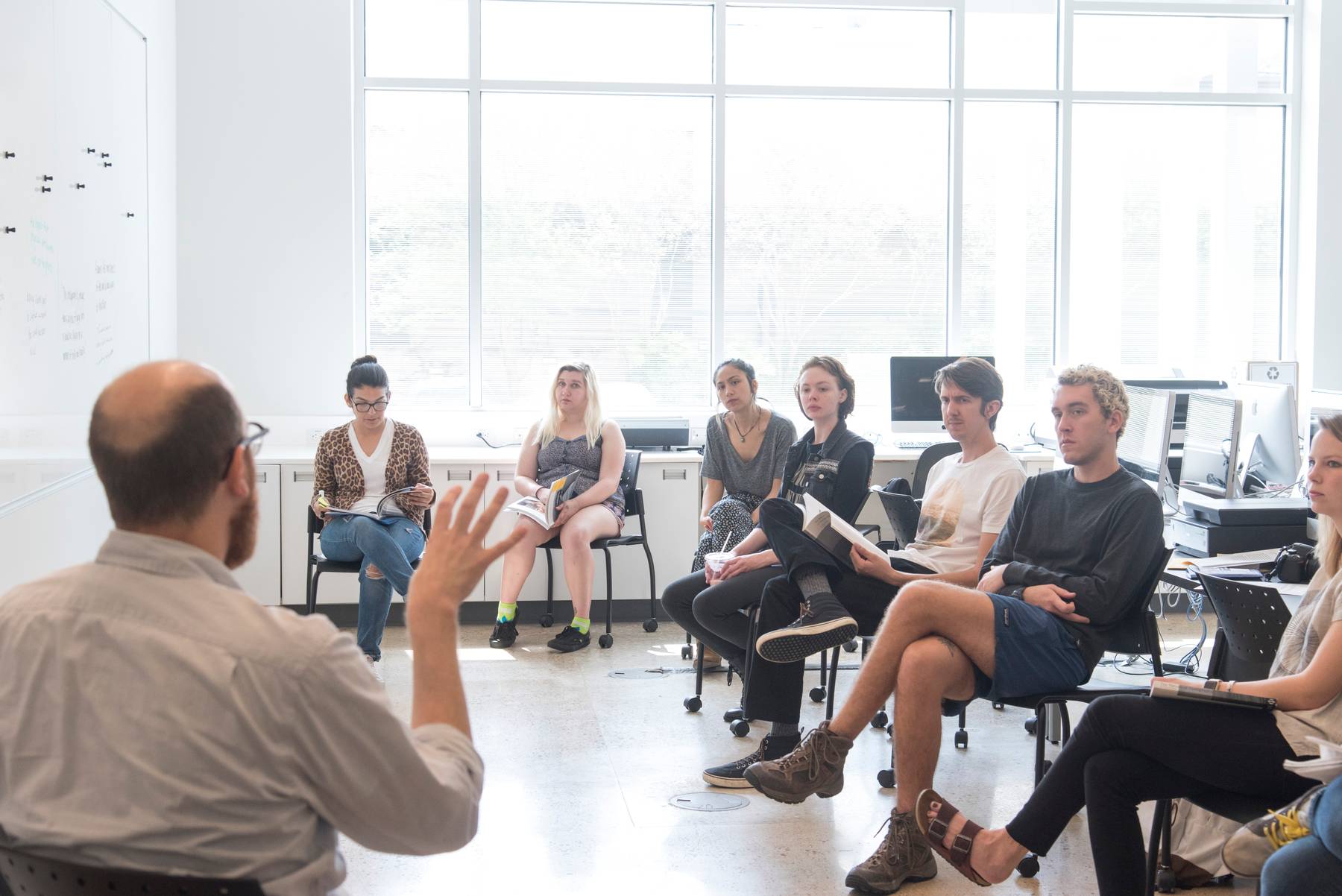
Our Librarians are excited to work with you and your class! We encourage active learning and offer a wide exploration of library resources.
Start here with our Research Tutorials – this guide will help students
- review the research process
- learn about background information
- brainstorm keywords, and
- dive into the basics of research.
Each learning activity can be adapted for your Canvas course to support flexible, independent learning. The learning activity worksheets can be used as a check for understanding.
Meet Our College Liaison Librarians
Don't know who to contact at the library for support? No worries. We've made it easy by assigning each college a liaison librarian who will be the point of contact for faculty from that college. This team of librarians will triage any requests coming from college faculty, instructors, or administrators, including requests for instruction, resources, research assistance, etc. They will ensure that your requests are addressed and connect you to the resources or people who can meet your need. In addition, the College Liaison Librarians will regularly communicate with the college faculty to keep you informed about library programs, services, resources, and activities. See list below to find your contact.
-
Ways to Partner with a Librarian
- Discuss ways to mix and match library resources to meet students’ needs
- Plan or redesign a research assignment
- Create a research guide to use with your class
- Request a visit from a librarian either in person or online
- Collaborate on Canvas materials related to library resources
- Explore the six frames of information literacy instruction and how they connect to your class
-
Our Guidelines for Course Support
We are excited to work with you!
To ensure a successful learning experience for everyone, we highly recommend that you:- Request instruction with a minimum of 2 weeks' notice
- Link library instruction to an assignment
- Consider timing for a librarian to visit: It would be great if students are aware of the the assignment and have explored research topics prior to the session
Course instructors are expected to be present during in-person/synchronous Library sessions.
Library Instruction & the Information Literacy Framework
The Framework in Action
Texas State librarians leverage the ACRL Framework for Information Literacy to equip students with adaptable, discipline-specific research skills that are essential for academic and professional success. Below are some examples of how each component could be employed.
| Strategic Exploration | Scholarship as Conversation | Authority is Contextual |
|---|---|---|
| Business majors learn to compare the credibility and depth of market research tools like Factiva with the immediacy-but potential unreliability-of platforms like Reddit. | Nursing students trace citations in PubMed to understand how clinical guidelines evolve and how evidence accumulates over time. | Engineering students weigh the rigor of IEEE conference proceedings against the accessibility of TikTok tutorials, learning when each is appropriate for solving design problems. |
| Research as Inquiry | Information Creation as a Process | Information has Value |
|---|---|---|
| Environmental studies students develop research questions using GIS datasets and library-licensed mapping tools. | Journalism students participate in workshops on fact-checking and source verification, creating their own news pieces with transparent citations. | Computer science students are introduced to AI literacy modules, learning to assess the reliability of AI-generated content and use library-subscribed datasets for further learning. |
Following this framework, librarians help students become adaptable, critical thinkers who are ready to navigate and contribute to any information landscape they encounter.
